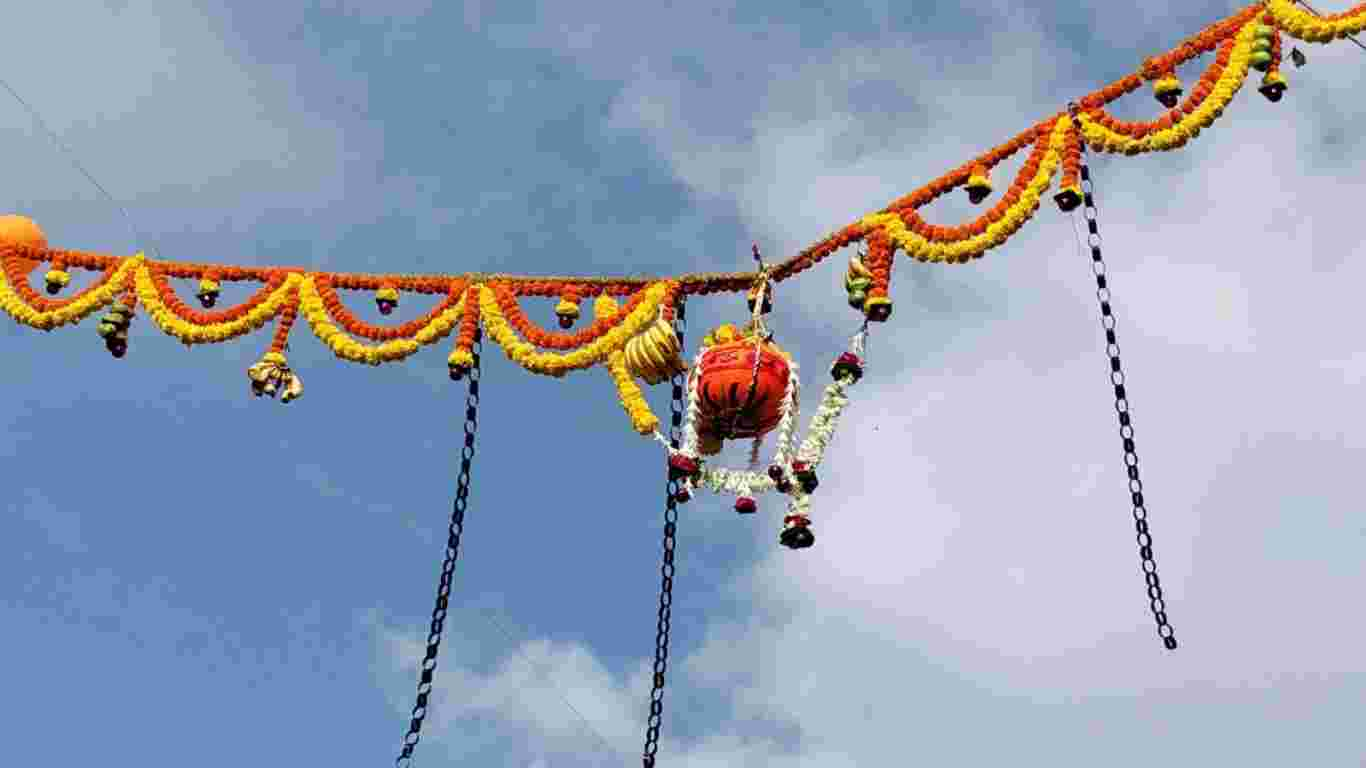Janmashtami 2024: The primary Janmashtami festivities are set to occur on August 26, while the vibrant Dahi Handi celebrations will take place on August 27.
Krishna Janmashtami, one of India’s most beloved festivals, commemorates the birth of Lord Krishna, the eighth incarnation of Lord Vishnu. This festival, also known by various names like Janmashtami, Krishnashtami, Gokulashtami, Ashtami Rohini, Srikrishna Jayanti, and Sree Jayanthi, will be celebrated this year on Monday, August 26. It falls on the Ashtami of Krishna Paksha, or the eighth day of the month of Bhadrapada. Notably, places like Mathura and Vrindavan, which hold a deep connection to Lord Krishna, witness grand celebrations during this festival.
Dahi Handi: A Key Component of Janmashtami Festivities
Dahi Handi is an integral part of Krishna Janmashtami celebrations. This event, which takes place on the day following the primary Janmashtami festivities, will be celebrated on August 27 this year. The tradition involves hanging an earthen pot (handi) filled with ghee, sweets, almonds, yogurt (dahi), and butter (makhan) at a significant height. Groups of individuals form human pyramids to reach and break the pot. This symbolic act, particularly popular in the state of Maharashtra, where it is also known as Gopalakala, represents Lord Krishna’s playful and mischievous nature.
Also Read: Krishna Janmashtami 2024: Will Stock Markets Remain Open On August 26?
Dahi Handi Timings
The Ashtami Tithi (the eighth lunar day) begins at 3:03 AM on August 26 and concludes at 2:01 AM on August 27.
History and Significance of Dahi Handi
The Dahi Handi festival vividly depicts Lord Krishna’s life as a child. According to folklore, young Krishna loved butter and curd and often stole them from his neighbors. This earned him the affectionate title of “maakhan chor” (butter thief). His mother, Yashoda, exasperated by his behavior, suggested that the butter, curd, and milk be hung high enough so that Krishna could not reach them. Undeterred, Krishna and his friends would build human pyramids to access the treats, which they would then share among themselves.
This practice has evolved into a significant cultural tradition in India, especially during Janmashtami. The Dahi Handi event symbolizes strength, coordination, teamwork, and focus. Human pyramids can have up to nine tiers, with the strongest individuals forming the base to support the entire structure. The event serves as a joyful reminder of Lord Krishna’s playful nature, adding to the festive spirit of Janmashtami.






















